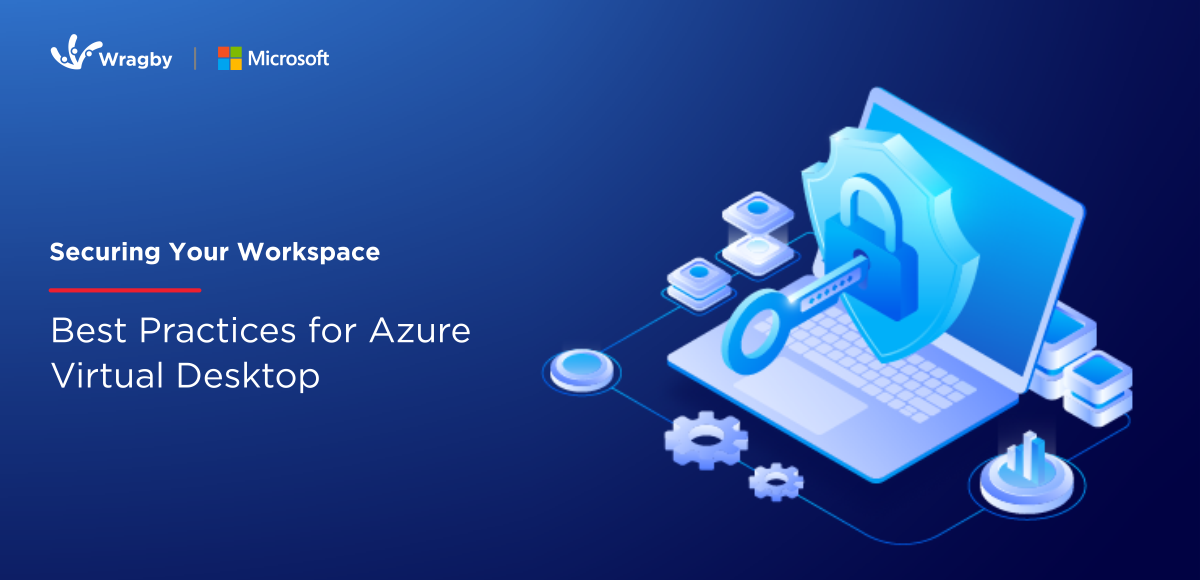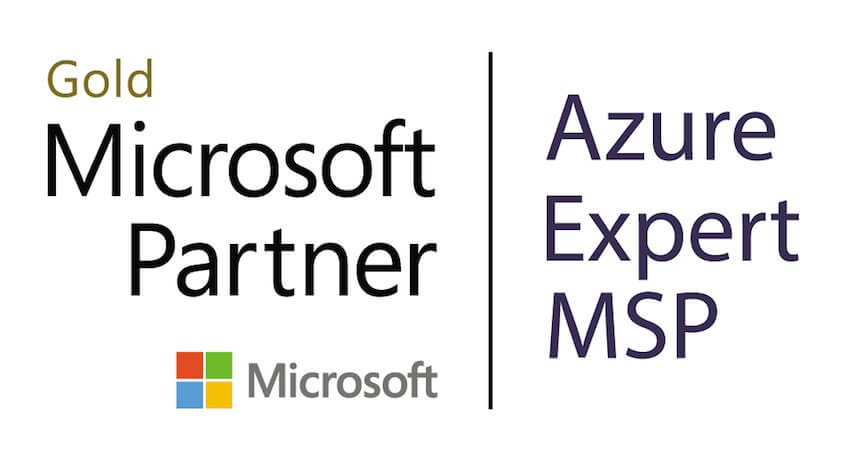
Top Reasons Why Your Business Needs Dynamics 365 Business Central
Dynamics 365 Business Central is a comprehensive cloud-based business management solution by Microsoft. Designed for organizations of all sizes, it integrates enterprise resource planning (ERP) and customer relationship management (CRM) functionalities into a single, unified platform. With its adaptable and rich features, Business Central enables companies to manage their business, including finance, manufacturing, sales, shipping, project management, services, and more.
Dynamics 365 Features and Functions
At the core of Microsoft Dynamics 365 Business Central lies a wealth of features and functions designed to empower organizations. The platform’s modular design allows businesses to tailor their experience according to their specific needs, ensuring a streamlined and efficient operation. Let’s explore key functionalities:
Financial Management:
General Ledger: Track and manage financial transactions with precision for transparent and accurate financial reporting.
Accounts Payable and Receivable: Streamline payment processes and enhance cash flow management with efficient accounts payable and receivable functionalities.
Sales and Service:
CRM Integration: Foster customer relationships with a 360-degree view, enabling personalized communication and improving customer satisfaction.
Sales Order Processing: Ensure a smooth and timely delivery process with efficient sales order processing.
Service Management: Streamline service operations by tracking and managing service requests, assignments, and resolutions effectively.
Project Management:
Project Planning: Facilitate project success with comprehensive planning, allowing teams to define tasks, allocate resources, and set timelines.
Resource Management: Optimize workforce productivity by efficiently allocating and managing resources.
Time Tracking: Enable accurate time tracking for project-related activities, aiding in better resource utilization and project cost management.
Supply Chain Optimization:
Inventory Management: Effectively manage stock levels and track inventory movements for a well-optimized supply chain.
Demand Forecasting: Anticipate market demand with advanced forecasting tools, optimizing inventory levels and improving supply chain responsiveness.
What Makes Business Central Different?
Modular Design:
Business Central is designed with modularity at its core. This means that businesses can choose and implement only the specific modules that align with their operational needs. Whether it’s financial management, sales, service, or project management, the modular design allows for a tailored approach, avoiding unnecessary complexities and ensuring a streamlined user experience.
Selective Implementation:
Unlike rigid, one-size-fits-all solutions, Business Central offers the flexibility of selective implementation. Businesses have the freedom to prioritize and implement the modules that are most crucial to their immediate requirements. This not only speeds up the implementation process but also allows organizations to adapt and scale as their needs evolve over time.
Adaptability to Specific Requirements:
Every business is unique, and Business Central recognizes this diversity. Its modular approach enables businesses to adapt the platform to their specific requirements, ensuring that they are not constrained by unnecessary features or functionalities. This adaptability enhances user satisfaction and operational efficiency.
Real-time Collaboration:
Business Central fosters real-time collaboration among teams. The seamless integration of modules allows different departments to work cohesively, sharing information and updates instantly. This promotes a collaborative environment where teams can respond promptly to changing circumstances, enhancing overall productivity and efficiency.
Data-Driven Decision-Making:
Business Central empowers organizations with data-driven decision-making. The platform collects and presents real-time data across various modules, providing actionable insights. This enables business leaders to make informed decisions, identify trends, and strategize for future growth based on a comprehensive understanding of their operations.
Versatility and Future-Readiness:
Business Central’s adaptability and modularity make it a versatile solution that is ready for the future. As businesses evolve and grow, they can seamlessly integrate additional modules or functionalities without disrupting existing operations. This future-readiness ensures that organizations can stay agile and responsive in a dynamic business environment.
Dynamics 365 Licensing and Pricing
Microsoft has designed Dynamics 365 Business Central with diverse licensing options to accommodate the unique needs of businesses. The choice of licensing model depends on factors such as the organization’s size, specific requirements, and preferences. Here’s a breakdown of the key considerations:
Licensing Models
Subscription Licensing:
Organizations can opt for a subscription-based licensing model, where they pay per user on a monthly basis. This model includes the annual maintenance fee, ensuring users have access to the latest versions of Dynamics 365 Business Central.
Perpetual Licensing:
Alternatively, organizations may choose perpetual licensing. In this model, the license is owned indefinitely, and users are entitled to access the latest versions as long as they continue to pay the annual maintenance fee.
User Types:
Dynamics 365 Business Central offers two user types, each with specific functionalities:
Full User:
Full users have access to the complete range of features within Dynamics 365 Business Central. They can perform a wide array of tasks, from financial management to sales, service, and project management.
Team Member User:
Team member users have more limited access and are designed for users who need lighter capabilities. They can perform specific tasks like read data, basic reporting, and some approval processes.
Licensing Levels:
Dynamics 365 Business Central is available at two licensing levels:
Essentials:
The Essentials level includes core functionalities that most businesses require for day-to-day operations. This encompasses financial management, supply chain, and project management capabilities.
Premium:
The Premium level builds upon the Essentials offering and includes additional functionalities, particularly in the field of manufacturing. It is suitable for businesses with more advanced needs in terms of production processes.
Where Should I Host Dynamics 365 Business Central?
Hosting Options:
The decision on where to host Dynamics 365 Business Central can also influence licensing:
On-Premise:
Some organizations may choose to host the system on-premise, managing the infrastructure internally.
Private Cloud:
Others may prefer a private cloud hosting option, utilizing dedicated cloud resources for increased flexibility.
Managed Service:
Managed services provide organizations with external expertise in hosting and managing Dynamics 365 Business Central.
Microsoft’s SaaS (Public Cloud):
Opting for Microsoft’s Software as a Service (SaaS) involves hosting the system on Microsoft’s public cloud, providing scalability and accessibility.
Wragby Dynamics 365 Business Unique Offering
Elevate your business with Dynamics 365 Business Central solution. Seamlessly integrated to meet your unique needs, our expertise ensures a perfect alignment with your organizational goals.
Why Wragby?
Customization: Tailored to fit seamlessly into your workflows.
Strategic Implementation: Meticulous planning for a smooth transition.
Ongoing Support: Continuous assistance and optimization post-implementation.
Exclusive Efficiency Features: Advanced tools for enhanced operations.
User-Centric Approach: Empowering your team through focused training.
Ready for a transformative business experience? Contact us today at: www.wragbysolutions.com/contact for a personalized session.
FAQ on Dynamics 365 Business Central
How much does Dynamics 365 cost?
Dynamics 365 Business Central pricing varies based on licensing models and user requirements. For pricing inquiries, contact us here
What is the Microsoft Cloud?
The Microsoft Cloud, powered by Azure, is where Dynamics 365 Business Central is hosted, offering a secure, scalable, and reliable infrastructure.
Can I host Business Central in my own cloud?
While optimized for the Microsoft Cloud, organizations can explore on-premises or hybrid deployments for specific needs.
Is Dynamics 365 Business Central an ERP system?
Yes, Business Central is a comprehensive ERP (Enterprise Resource Planning) system.
Does Dynamics 365 Business Central have CRM?
Yes, Business Central integrates CRM functionalities, providing a holistic solution for both ERP and CRM needs.



Leave a Reply